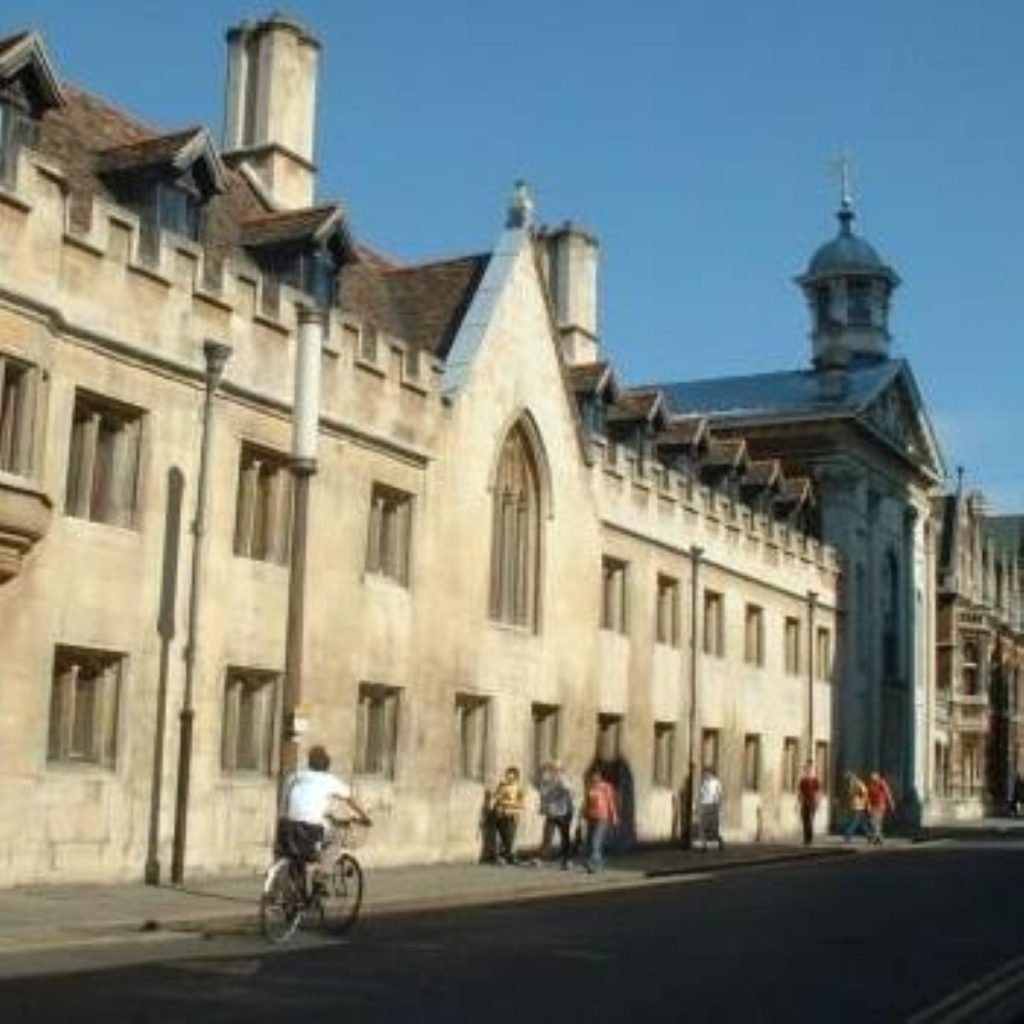Blair backs tuition fees to the hilt
The prime minister mounted a new two-week long campaign yesterday to convince disillusioned voters of the Government’s commitment to bringing timely and necessary change to Britain’s higher education sector, despite massive unrest among students and Labour MPs.
On the BBC’s Breakfast With Frost programme, Tony Blair defended a raft of controversial Government policies including the decision to keep troops in post-Saddam Iraq, the commitment to joining the single currency when the five economic tests are fulfilled and, crucially, “top-up” university fees.
The education secretary Charles Clarke made a number of concessions in the Higher Education Bill last week, in a bid to entice Labour rebels to fall into line.
At present, 159 Labour MPs have signed an early day motion against the Government’s Higher Education Bill which paves the way for universities to charge students up to £3,000 a year.


Mr Blair downplayed suggestions he would call a confidence vote against his own leadership on the issue if MPs voted it down.
“I haven’t contemplated defeat and I don’t intend to, we need to win this,” he said.
“It is a good deal for universities who are going to get a substantial extra increase in funding, it’s a good deal for poorer students who are going to get £3,000 of help each year through universities and it’s a good deal for middle class students and parents because they won’t pay anything upfront,” he added.
He said top-up fees would “probably” generate around an extra £1 billion a year for universities.
In a warning to Labour MPs contemplating voting against the Government, he said: “If in the end Parliament defeats this’, warned Mr Blair, ‘it would be a complete betrayal of the proper interests of the country.”
Writing in the Independent on Sunday, Charles Clark said the Higher Education Bill was not negotiable.
“This is a coherent package to be taken as a whole or not at all,” he said.
But Tory leader Michael Howard said the top-up fees policy was “thoroughly misguided” and would deter young people from going to university.
He accused Labour of a “cynical breach of a manifesto commitment” in introducing the policy.

